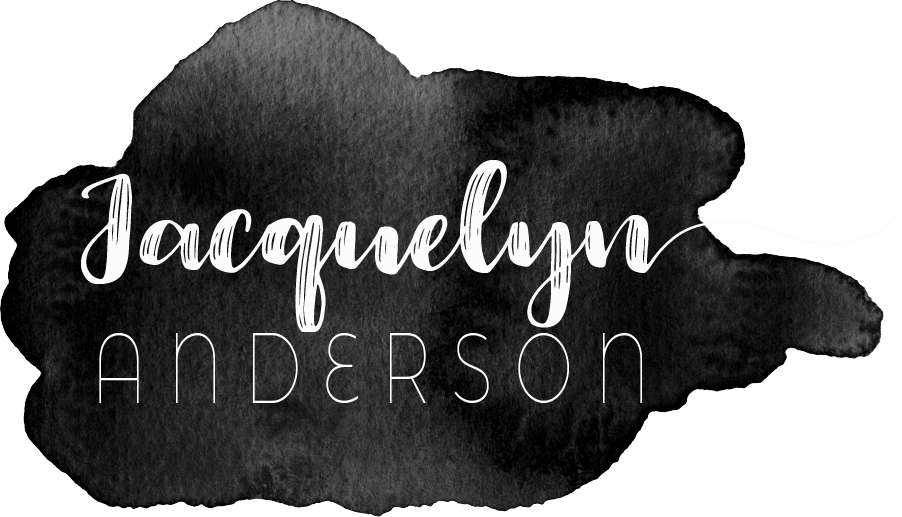The Phoenix Project: Finding Healing in Making Music
The next interview in the Phoenix Project is with musician and songwriter Anna Luther. She shares about her experience with depression, disordered eating, and depersonalization and how creating music has helped her cope with it all. Before this interview, I didn’t know much about depersonilization, and reading about Anna’s experience was extremely enlightening and eye-opening. I hope you also are inspired and educated by Anna’s interview as well!
What mental health struggles have you dealt with?
I have been diagnosed with depression, depersonalization/derealization disorder, and disordered eating, or OSFED.
The biggest struggle I had with depression was the loss of interest in activities I used to love. For a long time I stopped dancing, playing piano, enjoying classes, being adventurous. All of a sudden nothing seemed appealing in the slightest, and even when I participated, I gained absolutely no pleasure from it. No pleasure from much at all.
My true battle, however, came from depersonalization. Many people may have those days where they feel “out of it”, like their head is full of cotton, or that they’re just going through the motions, not fully present to who they’re with or what they’re doing. For me, I can be in “fogs” for months on end. I would walk around feeling more like a robot, like I was watching a movie of life and completely removed from it all. I was aware that I had thoughts and feelings, but often questioned if they were real or valid. There’s a lot of frustration and guilt surrounding this disorder. People wish you can express more emotion: that you’d cry more or talk more about your feelings. The frustration comes from being unable to explain that you don’t trust your feelings and can’t utilize them the same way others do. Then there’s guilt whenever you feel like you’re letting someone down or simply that you’re acting.
Food quickly became one of the few things in my life I could control. I couldn’t flip a switch and become more present, happy, sad, or extroverted. But I could control what was on my plate. I could exercise and decide what number I was going to aim for on a scale. But as personal matters would fluctuate, I had an ever-pressing need to hold on even tighter to my eating habits. I would restrict more, eat less, increase workouts, and log it all….anything to preserve control.
What has helped you cope and or heal from these illnesses, particularly depersonalization?
When you have a hard time processing emotions, you do a lot of observing. And as difficult as it was for me to know what feelings were valid for myself, I could empathize easily and feel for others. For years I worked to understand other people, and through therapy, medication, and prayer, I was able to apply that understanding to myself. If I had such love and saw so much worth in everyone else, why couldn’t I be just as loved and worthy?
I started writing the moment I felt something. Then at the end of the week I would look back and review. I had documented proof that I had those feelings, that I wasn’t making it up, and that the world did not end simply because I wrote it down.
I prayed a lot as well--not asking for healing, but for understanding of what I was going through. I prayed that I would listen to God’s word, be more able to help others without neglecting myself, and that I could mend any and all relationships I could.
You are an artist! How has your mental health affected the process of making your art or influenced your music?
I have spent SO MUCH of my life fighting to accept the validity of my feelings, and through that journey, I realized that so many people out there are fighting for the same thing in different ways. I really wanted to focus on making music that could reach as many people as possible. Whether it’s the melody, the production, or the lyrics - I strive to make sure that anyone listening can connect to it in one way or the other. You’re heard, you’re loved, and this music is for you.
How has making music helped you cope?
I feel incredibly free when writing a new piece or making any kind of music. I moved the control I once put on my diet to the path I created for myself in music. I have the say in where I take my music career, in how I want to be seen as an artist, and in who I want to reach. And I write about the feelings that I fight every day to maintain.
What are some words of advice/encouragement you would have for someone struggling with their mental health?
Everything you feel is valid. Absolutely everything.
Don’t be afraid to gain knowledge on what you’re going through, it only gives you more power to heal.
There is nothing wrong with asking for help! Humans are not meant to deal with everything by themselves. We are truly social creatures; it is simply not in our nature to be alone.



